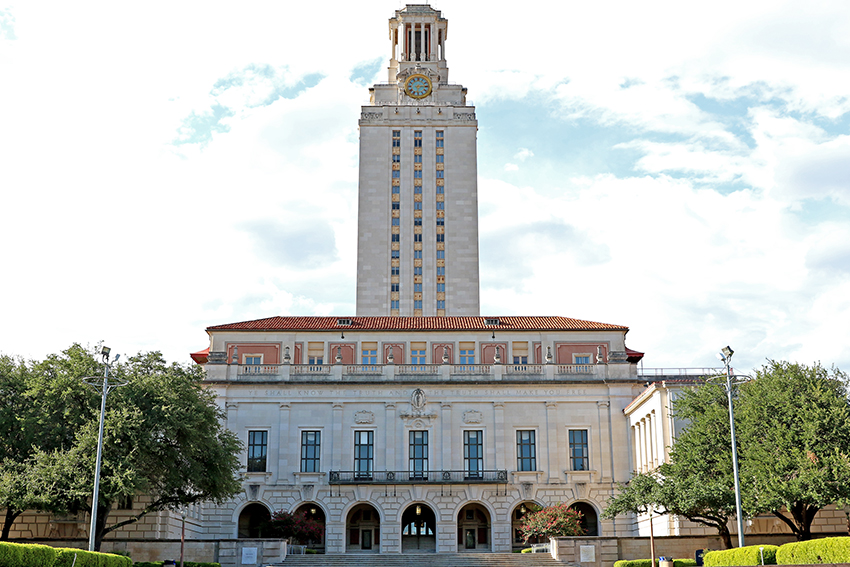An unnamed student accused of sexual assault is suing UT ahead of a Title IX hearing set for next week. The hearing will decide if he should be punished with a potential two-year suspension.
The student, referred to in the lawsuit as John Doe, is accused of assaulting a female student, referred to as Jane Roe, at a party that took place on April 28, 2017. Doe is being represented by Brian Roark. Roark represented another male student accused of sexual assault in a lawsuit against UT President Gregory Fenves that was settled last November.
The students in the current case were both drinking at the party and left together around 2 a.m. and had sex afterward at Roe’s apartment, according to the lawsuit. The following day, Roe told her friends she blacked out and did not remember anything until “moments just before she and John finished having sex.”
The lawsuit states Doe will not be treated justly in the Feb. 7 hearing because UT amended the Title IX case report three different times after receiving notice of an impending lawsuit. The report was allegedly amended by replacing the word “incapacitation” with “intoxication” in a sentence that originally said a witness observed that Roe was showing signs of incapacitation by acting less “socially inhibited” that she would normally.
Later pages of the report however were not amended to replace the “incapacitation” with “intoxication,” according to the lawsuit.
“If UT can’t get their story straight on what the definition of incapacitation is after months of contemplation and a recent Federal Court suit and public admonitions on the same topic from (a) Federal Judge, how in the world are a couple of hormone filled college students supposed to do it after a night of drinking?” the lawsuit said.
The lawsuit also said the University’s “bumbling” attempts to amend the use of incapacitation with intoxication in only one instance of the word’s use in the report show its desire to equate the two. If this is the case, and the standard for intoxication is simply “diminished social inhibitions,” then the hearing is “merely a facade for a predetermined conclusion,” according to the lawsuit.
The University’s sexual misconduct policy states that a student is unable to give consent if given due to physical force, threat of physical force, coercion or incapacitation. In regard to this, the lawsuit said UT’s definition of incapacitation — “a state of being that prevents an individual from having the capacity to give consent” — is too vague to be applied fairly. The only examples of what could cause incapacitation given in the definition are the use of drugs or alcohol, being asleep or unconscious or because of an intellectual or other disability.
The night of the incident, both students were intoxicated, which the lawsuit said the University equates to being incapacitated. Following this, both students should have been investigated and threatened with suspension, not just Doe.
“If intoxication actually invalidates consent, then in this case the school is only enforcing their rules against the male student,” the lawsuit said.
The lawsuit requests the hearing and other disciplinary action against the student be stopped and that the student be awarded damages. Doe also requested a jury trial.





















